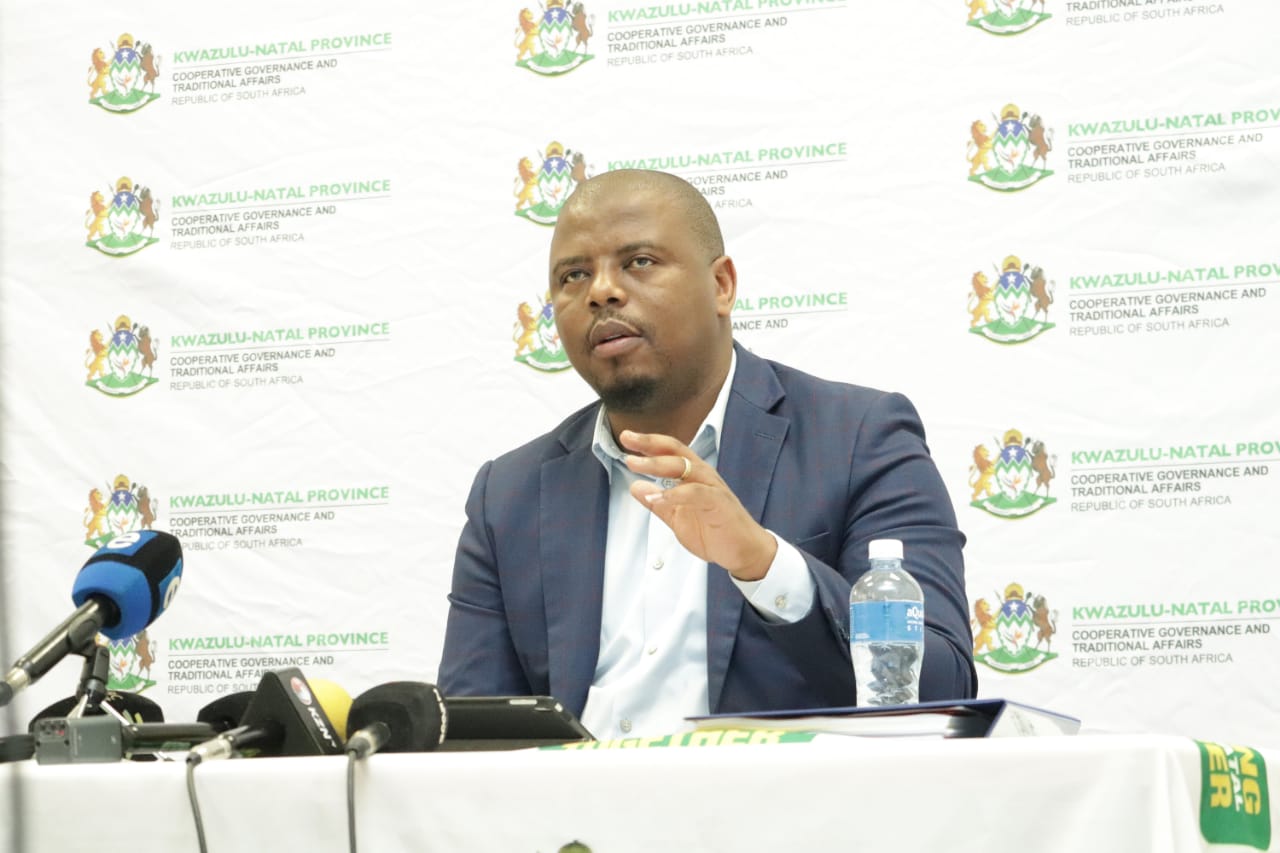The youth of today are the leaders of tomorrow, this is a quote that is often ascribed to the former president of South Africa Dr Nelson Mandela.
The statement conveys a simple truth about the importance of young people in the present and future of any country.
As a continent, Africa generally has a fastest-growing youth population in the whole world, with South Africa alone having a youth population of 20.6 million, which is 35% of the country’s population.
These statistics differ when compared to those of countries which are situated in the Global North, who have an aging population where the youth accounts for just above 10.3% of their population.
The negative implications of having a young population in the country, is that they happen to be the most affected by the inequalities inherited from the past. This is prevalent in the high youth unemployment rates, poverty which often makes it a challenge to access education; particularly higher education, and the last being the state of health.
Unemployment and poverty are mostly higher for those young people who often stem from rural-based areas. These are the same young people who, having noted the difficulty of surviving in low-income households, move to cities to seek employment or education. As Dr Nkosazana Dlamini-Zuma asserted during her remarks at the KZN Local Government Indaba, this shows that, “besides local government being the most important sphere, this is where resources should be spent”, and I add to say, this is where young, capacitated people ought to be injected.
As the sphere of government closest to the people, local government provides an ideal opportunity for young leaders to connect with their communities and to deal with first hand the day to day issues faced by normal citizens.
This is vital in crafting servant leaders who will be able to connect with the needs of their communities and work hard to put the interest of their communities first.
The famous american football coach, Vince Lombardi once said “Leaders are made, they are not born. They are made by hard effort, which is the price which all of us must pay to achieve any goal that is worthwhile”.
As the department Cooperative Governance and Traditional Affairs, we strongly identify with the words of Lombardi, in that leaders are made, they are not born. It takes deliberated concerted efforts to produce the kind of leaders that we need, more especially within the sphere of local government.
This is the reason why we convened the Youth in Local Government Summit which we held on the 25th of June in Newcastle where we invited young councillors, ward committee members, internship holders and beneficiaries of programmes such as the Expanded Public Works Programme.
The Summit focused on the local government’s role in uplifting the youth and finding practical solutions to improve the roll-out of services to our communities.
The summit was made up of high-profile panellists such as the Chairperson of SCOPA at Parliament Mr Mkhuleko Hlengwa, MP; the Chairperson of the Higher Education, Science and Innovation Portfolio Committee Ms Nompendulo Mkhatshwa, MP; the Chairperson of the KZNCOGTA Portfolio Committee Ms Zinhle Cele, MPL; the chairperson of Committees at the KZN Legislature Mr Sboniso Duma, the former Chairperson of the KZN Provincial House of traditional leaders Inkosi Chiliza and Inkosi N Zulu of kwaNodunga who is one of the youngest amakhosi in the province.
In his remarks, Honourable Duma, MPL called on young people to demand their place as the country grapples with the issue of economic transformation, and push for the implementation of measures such as a sovereign fund, which can be an important tool in the transformation of our society.
In his remarks, Mhlengwa, MP called for the youth to be given the space to represent young people, saying “Representation must not just be numerical but it must be substantive, qualitative, efficient and functional so that it makes the required impact in the spaces of representation”.
These sentiments resonated well with the 500 young people that were attending this summit, each of whom had their own hopes and desires for what needs to be done for young people to emerge as leaders in various sectors of society.
Placing young people at the forefront of local government thus means renewing re-modernising and repositioning the sphere of local government. It also means an implementation of new and relevant ideas in establishing adequate economic activities within our communities.
Already we have begun to see what is possible when young councillors and mayors are chosen, this can only be a tase of what is to come as we see more of our young people leading in the important of sphere of local government.
Ends
Opinion Piece
Mr S.E Hlomuka
MEC: Cooperative Governance and Traditional Affairs

